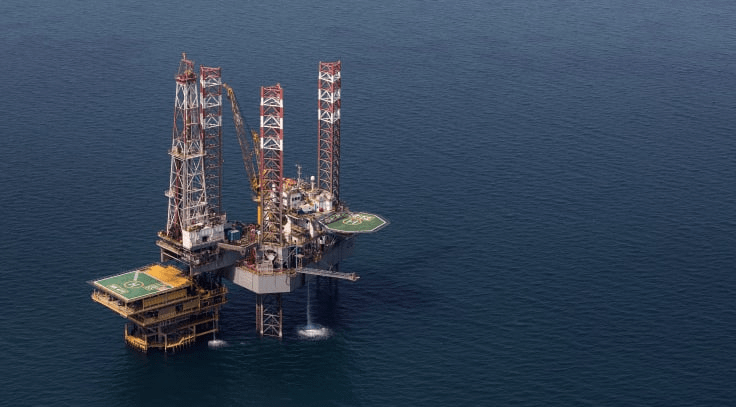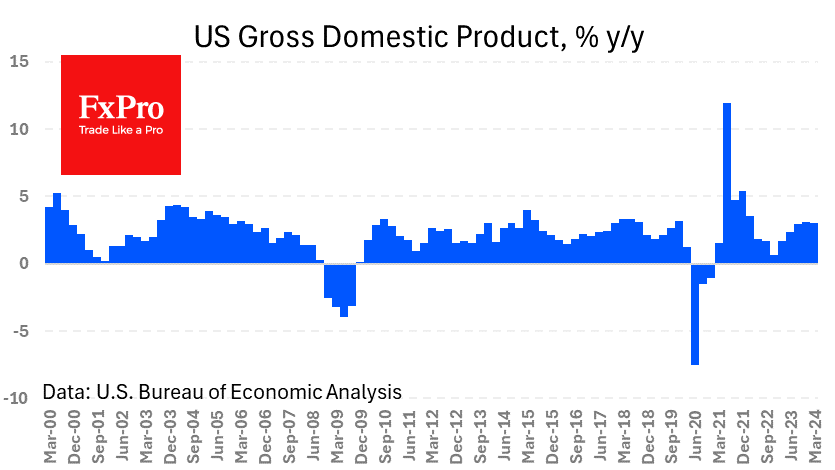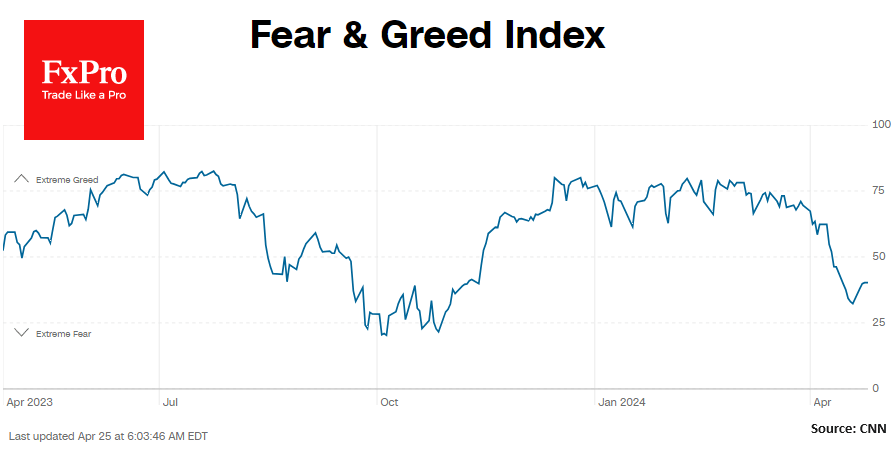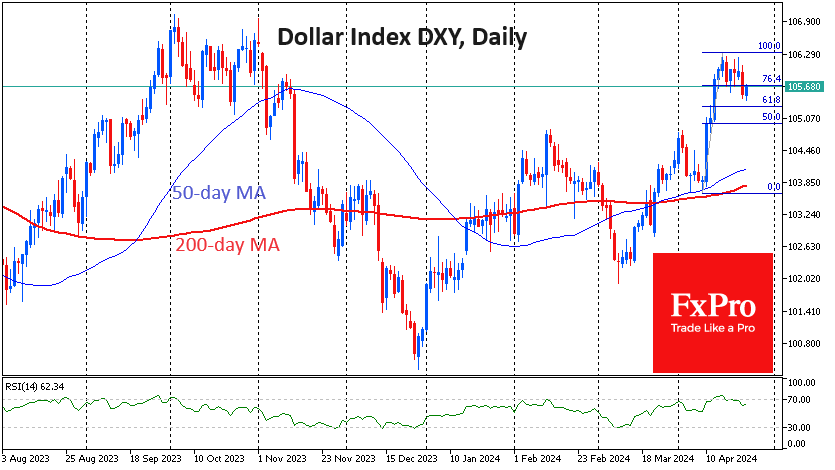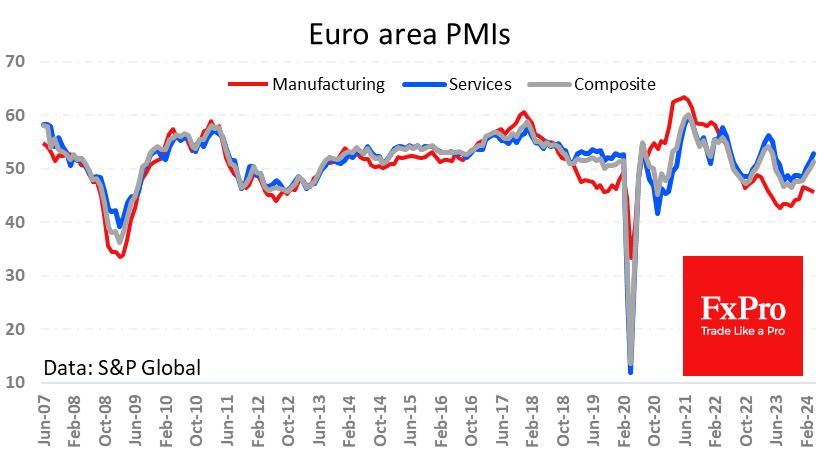IMF reveals 2021 forecasts for oil prices and the Middle East economy
October 19, 2020 @ 19:27 +03:00
The International Monetary Fund downgraded its outlook for Middle East and Central Asian economic recovery, predicting a 4.1% contraction for the region as a whole — 1.3 percentage points worse than its previous assessment in April — in its latest regional outlook report released Monday.
Oil prices will be the most important factor for oil exporters’ recovery, particularly states like Saudi Arabia, Iraq, Iran, the UAE, Bahrain and Kuwait, for whom the commodity makes up the majority of revenue. While prices have recovered from their historic plunge in March of this year, international benchmark Brent crude is still trading nearly 40% below pre-pandemic levels. Brent stood at $42.87 per barrel on Monday morning in London.
And the IMF doesn’t see oil prices staging a dramatic recovery anytime soon, predicting prices in the $40 to $50 range in 2021. That’s still half the $80 per barrel figure OPEC kingpin Saudi Arabia needs to balance its budget, according to the fund.
The oil demand outlook remains grim amid new waves of coronavirus gripping regions of the world and uncertainty about U.S. fiscal stimulus and the U.S. presidential election. The International Energy Agency in September cut its outlook for worldwide oil demand to 91.7 million barrels per day this year, a daily contraction of 8.4 million barrels year-on-year and more than the contraction of 8.1 million predicted in the agency’s August report.
OPEC posted an even worse outlook for this year, slashing its view for global oil demand last month to an average of 90.2 million barrels per day in 2020, a contraction of 9.5 million barrels per day year-on-year. The group of 13 oil-producing countries described the outlook for the commodity’s demand as “anemic,” and warned that risks remain “elevated and skewed to the downside.”
Diversification will be a particular challenge given the blow to some of the region’s most vital non-oil sectors: tourism, transportation, retail and real estate. Air travel alone isn’t expected to rebound to pre-pandemic levels until at least 2023.
Real GDP growth for GCC states averaged 4.7% from 2000 to 2016, of which non-oil growth made up a mere 6.4%, according to the IMF’s report. But the oil-reliant Gulf states are now expected to see a 6% real GDP contraction this year, with non-oil sectors comprising 5.7% of that loss.
IMF reveals 2021 forecasts for oil prices and the Middle East economy, CNBC, Oct 19




